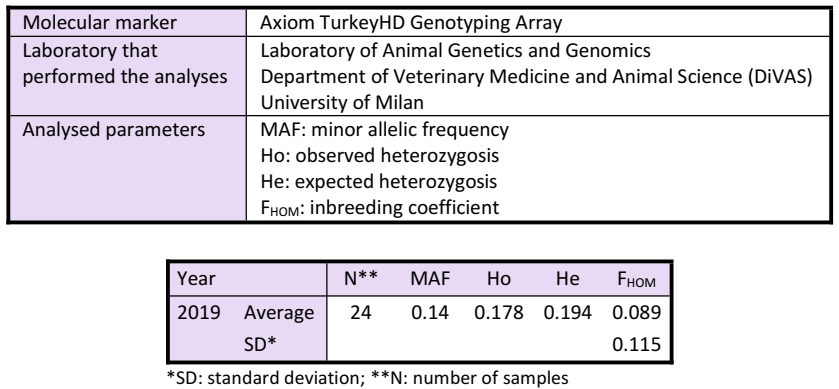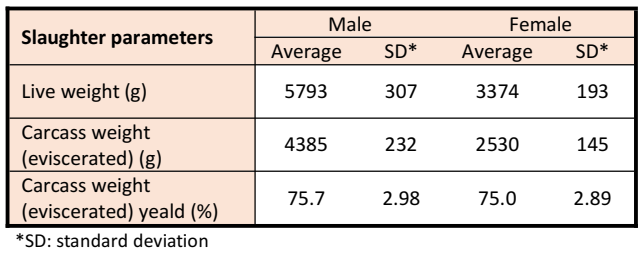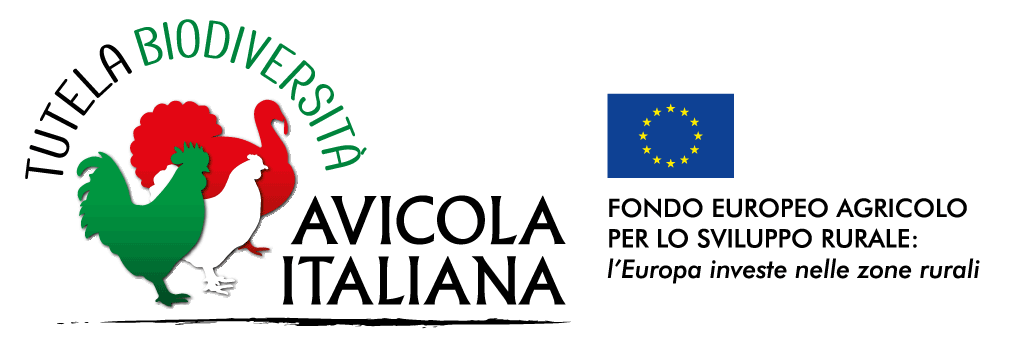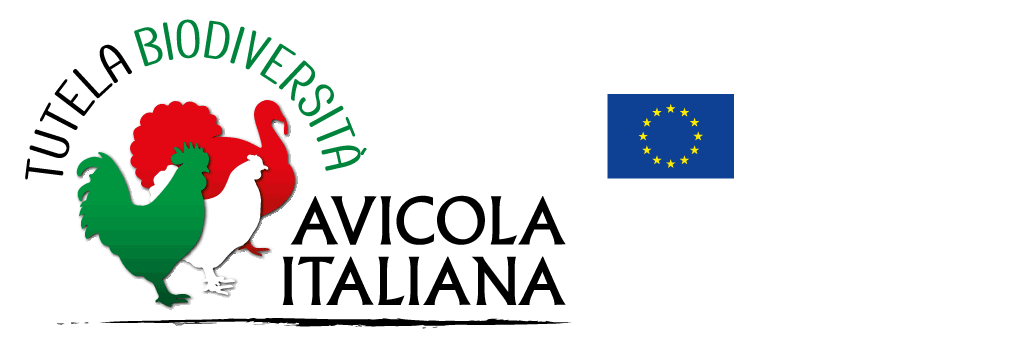Bronzato comune
Geographic origin: Veneto
Geographic distribution: Veneto
Estimated total population size: 445 (Castillo et al., 2021)
Extinction risk status (FAO, 1998): Threatened conserved
Any other specific information: Very good brooding aptitude
Historical origin of the breed
Bronzato comune is an ancient breed from the Veneto region, locally widespread and successfully exploited for biological productions, as it easily adapts to natural breeding.
Today turkeys derive from wild turkeys of the Meleagris genus, domesticated by Aztec people and brought to Spain from the Americas at the beginning of the XVI century (bronze turkeys with white in tail, Meleagris gallopavo gallopavo). From Spain, turkeys quickly spread throughout Europe in several newly-selected colours, and then went back to north-America at the beginning of the XVII century with colonists. At present, bronze turkeys are included in several European countries’ standards (e.g. Italy, UK, Germany).
Bibliography
Lehner F (2022) Turkey color genetics.
British Poultry Standards. Sixth Edition. Blackwell Publishing
Manuale STANDARD ITALIANO DELLE RAZZE AVICOLE (ITALIAN STANDARD OF POULTRY BREEDS Manual), FIAV, 2013-14.
Pictures from the archives of Prof. Gabriele Baldan and Prof. Massimo De Marchi
Qualitative morphological traits
Plumage colours: Bronze
Colour features: Single colour
Colour pattern: Breast, neck, and saddle brilliant black with intense iridescent bronze sheen. From the shoulders and back down to the tail, each feather has a bronze band with gold to purple-red luster extending across it near the end, the feather ending in a narrow velvet-black and dark brown-brown edging. Feathers on shoulders and on the sides of the breast show an intense velvet black edging, that can be dark brown in the female. Wings crossed with a broad olive-green band, feathers terminating with a brilliant velvet black band. Primaries grey-white, crossed with typical black bands. Main tail feathers broad, brown-black with black bands and one-two centimeters-wide barring followed by dark-grey to golden-black edging. Tail coverts with a bronze band across the feathers. Feathers of the legs black, bronze on the end with a velvet black edging, that is dark brown in the female. Black down.
Chick plumage pattern: Straw yellow
Head: Free from feathers in the male, slightly feathered in the female, with a fleshy protruberance, and red caruncles
Face: Free from feathers, bluish-red
Neck: Free from feathers
Caruncles: Well-developed, spread on the head and on the part of the neck free from feathers; the colour is bluish-red, changeable with excitement.
Throat wattle colour: Red, fleshy
Iris colour: Dark
Beak colour: Horn; strong and long
Skin colour: White
Shank colour: Dark brown in the young, pink to flesh coloured in the adult
Shank feathering: Free from feathers
Other specific and distinct visible traits: Spurs very developed in the male
Quantitative morphological traits

Genetic traits
Characterisation of the breed with Single Nucleotide Polymorphisms (SNPs)

Reproductive and productive quantitative traits
Oviposition, brooding and incubation data

Egg-quality traits

Reproductive traits

Slaughter data (age: 194 days)

Rearing traits

The presented data were registered in the nucleus population conserved at “Sasse Rami” Experimental Farm, in Ceregnano (Rovigo).
Technical data sheet
(The layout of the data sheet is ready for the booklet format. Print on both sides of paper, selecting “flip on short edge”.)
Raccolta di germoplasma
The breed is conserved in our Cryobank with 13 semen doses from 2 donors.
Latest update: August 22nd, 2024

